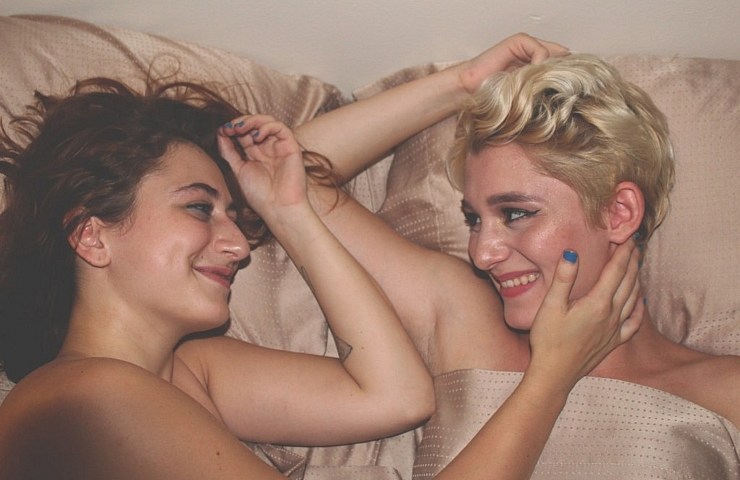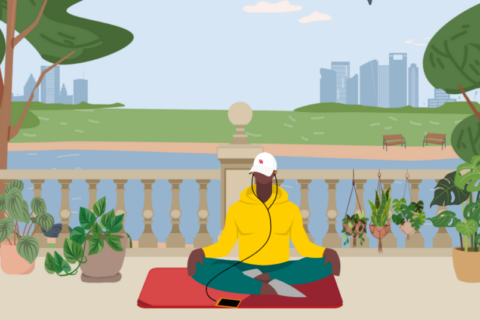Let’s get something out the way before we delve further into this discussion. Virginity is a social construct made up to further curve women from having sex.
It is common belief when you have sex for the first time, it is “supposed” to hurt, because you break your hymen for the first.
That’s not how it works.
Hymens can break if you’re not careful when having sex but also can break from doing workouts like the splits. If you’re interest in quickly learning about the myth of the hymen, I highly recommend Adam Ruins Everything (don’t worry; a woman takes over).
So, when I say virginity, it will be referring to not having had any kind of sexual experience with a partner before.
In TV shows and movies like “American Pie,” teens are depicted as wild sex creatures. And in many other forms of media would have the average person believe most incoming-college students have already had sex at least once or that those students will lose their virginity to hook-up culture.
However, this is largely false.
There are many studies and surveys revealing Millenials and the following generations are having sex later in life. The Atlantic reported high school students who’ve had sex dropped from 54 percent in 1991 to 40 percent in 2017.
The article also discussed what they refer to as a “sex recession.” A San Diego psychology professor said adults in their early 20’s were two and a half times more likely to be abstinent than Gen X’ers (after baby boomers but before millennials) at the same age.
While the trend in having sex later in life can viewed positively for decreasing teen pregnancy, a look into why millenials and gen z are behaving this way can be negative.
A big reason, according to many researchers, is fear of intimacy.
Sex has never been portrayed in a more positive light than it is now. Almost anyone can access porn, hookup sites, dating apps and there are even resources for all different kinks. Sex is still taboo in certain circumstances, but overall, society has never talked more about sex.
However, young people have so many options and choices that they cannot decide.
The paradox of choice goes hand in hand with dating apps — users have access to meet and get to know many more people than their grandparents probably got to, but with so many choices, people get nit-picky and doubt their choices.
With the rise of anxiety, young adults are also hesitant to speak to each other in person. Women don’t want to come off as needy, too strong, weak, etc. when hitting on men. Vice versa, with the rise of #MeToo, men don’t want to come off creepy, intimidating, etc. when hitting on women.
More talk about women’s health and sex has also brought up that not everyone enjoys sex. Asexuality is a sexual identification for people who do not want sex in their relationships. There are also a rising number of women speaking up for women who experience only pain during sex.
All the factors in modern life have driven young people to stay home more often, but the sex recession doesn’t mean the younger generations are the poster children for abstinence. The internet is connecting young adults to more resources for masturbation, and pornography and sex toys are not only made for couples but many singles as well.
To young adults, trying to find the right romantic or sexual partner feels like reaching into a bottomless pit, and so, many are focusing on other aspects of their lives instead of putting in the effort of active dating.
If they are dating, app users can easily feel fatigued by the endless swiping.
So if you’re a virgin in college, don’t sweat it; you’re not alone. And if you’re not but struggle with the dating scene, you’re also not alone. We’re all trying to figure it out.





Recent Comments